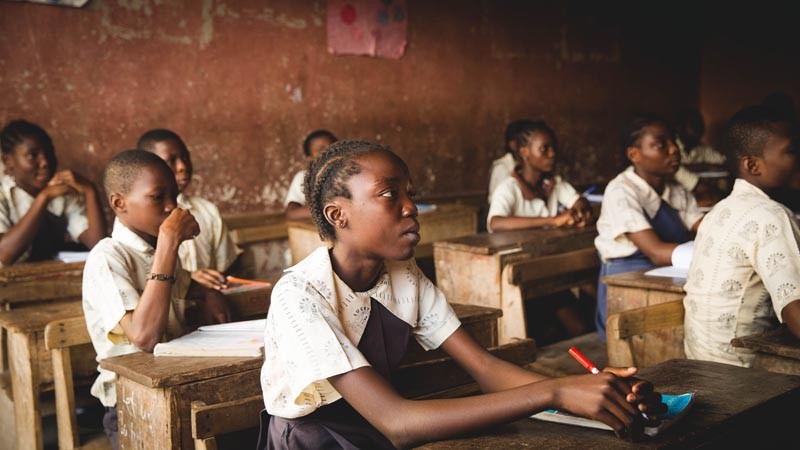Ramadan School Closures Affect Christian Students

3/6/2025 Nigeria (International Christian Concern) — The recent directive by the governments of Bauchi, Katsina, Kano, and Kebbi states in Northern Nigeria to close all schools — public and private — for up to five weeks during the Ramadan fast has ignited strong reactions from the Christian Association of Nigeria (CAN) and the Middle Belt Forum (MBF).
The groups argue that the closures, which affect millions of students, pose serious threats to education, fairness, and national unity. CAN President Archbishop Daniel Okoh condemned the sweeping school closures as excessive and discriminatory, warning that they could deepen the critical education crisis in northern Nigeria.
“While we honor the religious diversity of our nation and recognize the significance of faith, these decisions raise serious issues of equity, educational continuity, and the welfare of all citizens, regardless of their religious beliefs,” Okoh said.
CAN pointed out that the affected states already suffer alarmingly high rates of out-of-school children, with Bauchi recording 54%, Kebbi 45%, Katsina 38%, and Kano 35%, according to the National Bureau of Statistics. The prolonged school closures, CAN argued, will only worsen the situation.
“Even in deeply Islamic nations like Saudi Arabia and the United Arab Emirates, schools remain open during Ramadan with adjusted schedules,” Okoh said. “If these Islamic heartlands can maintain this balance, why should Nigerian states adopt extreme measures?”
CAN called on Governors Bala Mohammed (Bauchi), Dikko Umar Radda (Katsina), Abba Kabir Yusuf (Kano), and Nasir Idris (Kebbi) to engage in inclusive consultations with religious groups, educators, and parents to reassess their policies.
The statement warned that if dialogue fails, CAN “is prepared to seek legal recourse to safeguard the constitutional rights to education and freedom of conscience.” The Middle Belt Forum (MBF) went further, decrying the move as a clear indication that some northern states are prioritizing Sharia policies over national secular principles.
“It is deeply unjust that non-Muslim (Christian) students should suffer significant setbacks in their education simply because Muslims wish to fulfill their religious obligations,” said Luka Binniyat, MBF’s national spokesman. “While these students remain at home, their counterparts in other parts of the country will continue attending classes and preparing for national examinations.
“The rest of Nigeria must not take this directive lightly. These Sharia states are gradually distancing themselves from Nigeria’s secular framework.”
The forum urged President Bola Ahmed Tinubu to intervene and prevent the affected states from imposing religious-based policies that undermine national unity.
“Our region already faces serious setbacks in education due to insecurity,” said the Rev. John Joseph Hayab, chairman of CAN Northern Nigeria. “This school closure is not only badly timed, but it further weakens our children’s prospects.”
The statement pointed out the negative effect on students preparing for critical exams like the Joint Admissions and Matriculation Board (JAMB) examination and Junior Secondary School examinations (JSCE).
“No examination in Nigeria is regional. Closing schools in some northern states will only widen the education gap and push our children further down the ladder of academic success,” Hayab said. “We have consulted prominent Islamic scholars, and they confirmed that this directive is not based on Islamic teachings but on political expediency.”
To read more news stories, visit the ICC Newsroom. For interviews, please email [email protected].
